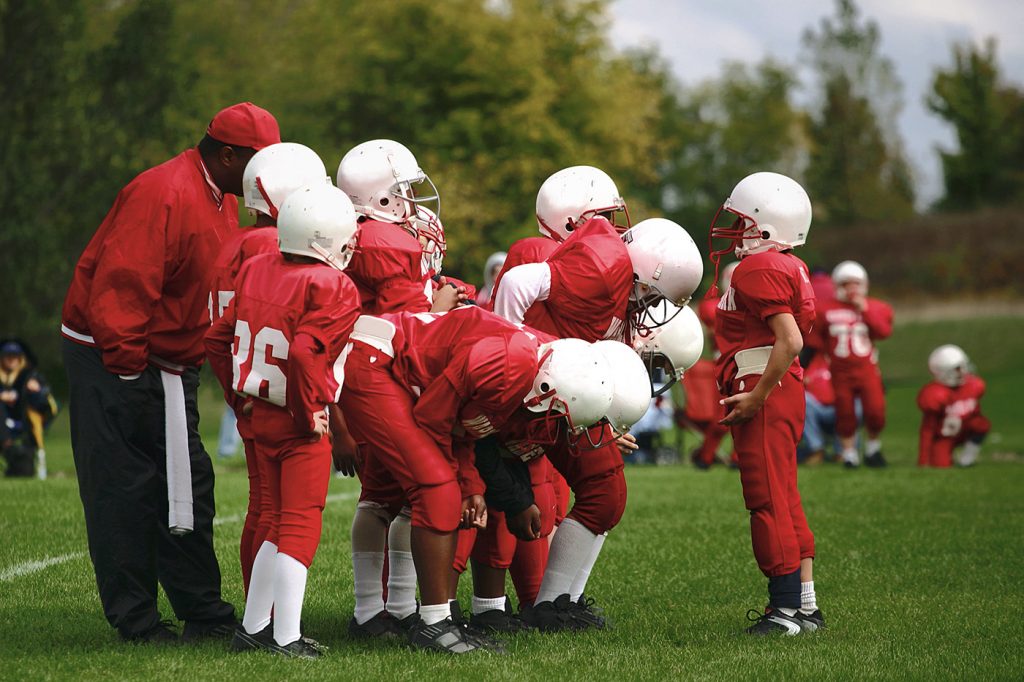
As more and more studies are produced on traumatic brain injuries (TBIs), parents of athletic children may become understandably worried. After all, a study carried out at Boston University found that children who play tackle football before the age of twelve are more likely to experience cognitive and emotional issues later in life, especially if they continue to play through high school and college. Similarly, NFL players who started playing at a young age have reduced cognitive flexibility. With these studies in mind, it might behoove us to review some of the basics of TBIs and touch on the fundamentals of compensatory damages.
Essential Development
Between the ages of 10 and 12, the brain is in the midst of a pivotal developmental stage. According to Robert Stern, an author on the Boston University study, “The brain is going through this incredible time of growth between the years of 10 and 12, and if you subject that developing brain to repetitive head impacts, it may cause problems later in life.”
TBIs
Okay, so if your child is susceptible to unique damage, what exactly should you look out for? To begin with, there are three basic kinds of TBIs: mild, moderate and severe. TBIs generally occur as a result of a blow to the head, a sudden jolt, or a projectile object that pierces the skull. Because the brain is a multifaceted organ, controlling different bodily and cognitive functions, it is difficult to predict how your child will be affected by such an injury.
Mild Concussion
Generally speaking, if your kid receives a mild blow to the head resulting in a momentary loss of consciousness and confusion, they may have experienced a mild TBI. Symptoms include: headaches, nausea, vomiting, fatigue, speech issues, sleeping issues and problems with balance. Your child may also experience sensitivity to light and sound, fluctuations in their mood, or inexplicable depression.
Young Children
If your child is very young and unable to communicate their symptoms adequately, you might want to watch out for noticeable changes in their eating habits, fluctuations in their attention span, seizures or a diminished interest in pleasurable activities. Ultimately, traumatic brain injuries can result in more severe symptoms – such as convulsions, incessant vomiting, persistent headaches or comas – and in some cases death. But when it comes to youth sports, it isn’t likely.
CTEs
Nonetheless, researchers have found that the cumulative effects of minor concussions can lead, over time, to what is known as chronic traumatic encephalopathy (CTE), a degenerative brain disease that is common among NFL players. CTEs are linked to dementia, memory loss and depression.
Early Concussions Can Lead to CTEs
Though CTEs are generally observed post-mortem, Chris Nowinski, a researcher at the Boston University Center for the Study of Traumatic Encephalopathy, has suggested that this type of disease can be traced to the early years of athletic engagement. “We don’t know what the age of onset is with any of these cases,” said Nowinski. He continued, “There is reason to believe it can begin when a child is very young.”
Aberrant Case Study
Ryan Freel, a former professional baseball player, committed suicide when he was 36, and when doctors conducted the post-mortem, they found a CTE. Many people thought CTEs were reserved for high impact sports, like football and boxing, but after more digging, researchers discovered that Freel’s early career as a youth football player resulted in a number of concussions. Those early concussions may have laid the groundwork for Freel’s CTE.
Compensation
What if your child suffers a blow to the head? Can you receive compensation for related expenses and emotional turmoil? Generally speaking, you assume a certain amount of risk when you allow your child to play sports. Thus, it can be difficult (if not impossible) to obtain remuneration for any associated injuries if those injuries occurred during the course of play. However, if you are able to show that the coach (or teacher) was grossly negligent and that gross negligence resulted in your son or daughter’s injury, you may be able to pursue compensation for medical expenses, pain and suffering damages, and future losses in income.
What you can recover will depend on the nature of your claim and the rules in your jurisdiction. Thus, it might be a good idea to seek the counsel of a skilled sports injury attorney – someone who understands the ins and outs of sports-related injuries and TBIs in particular.















